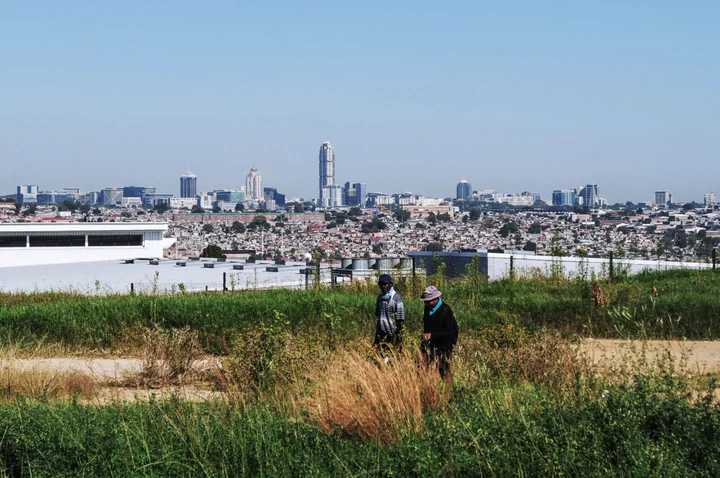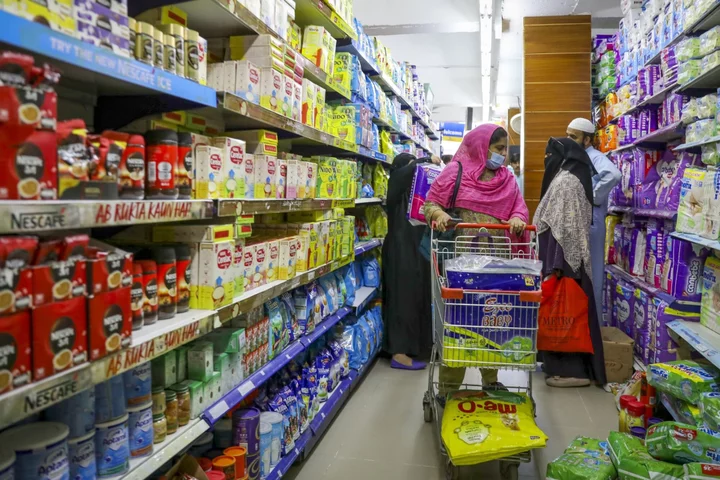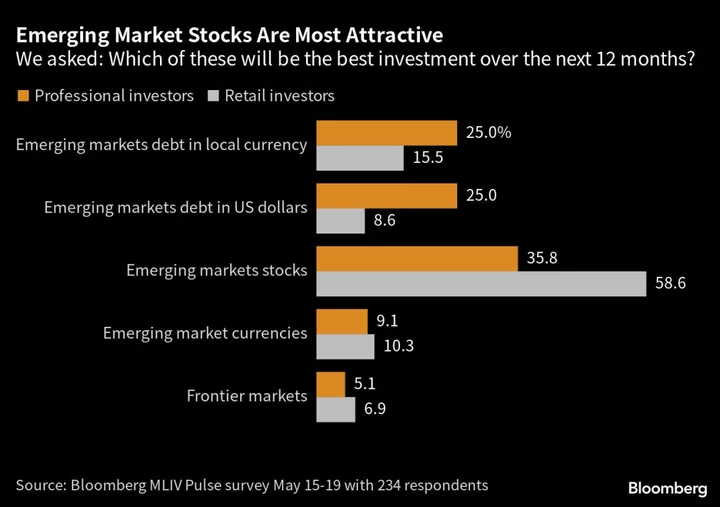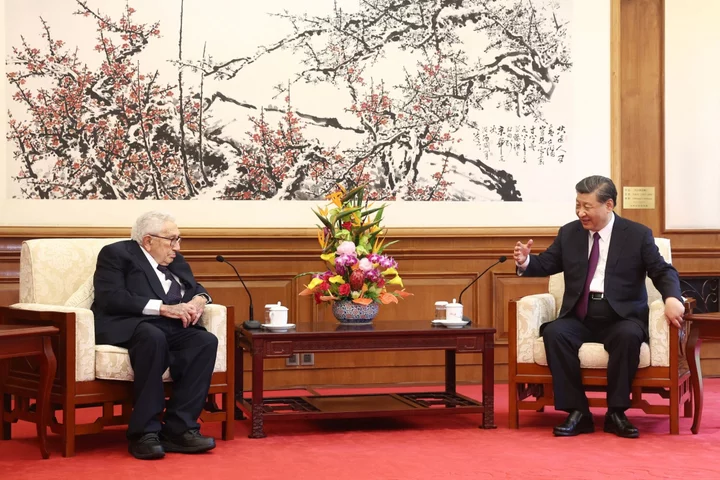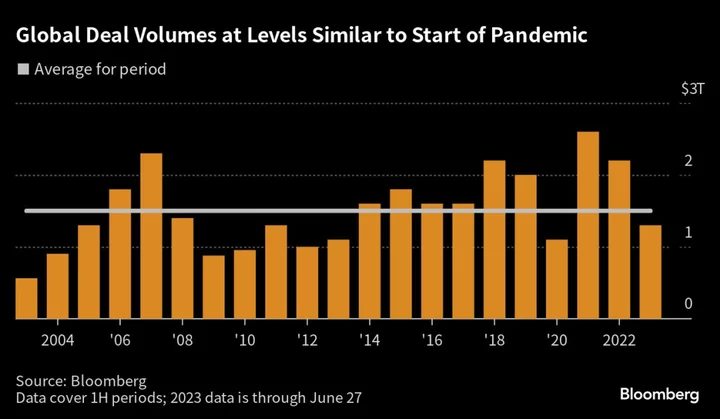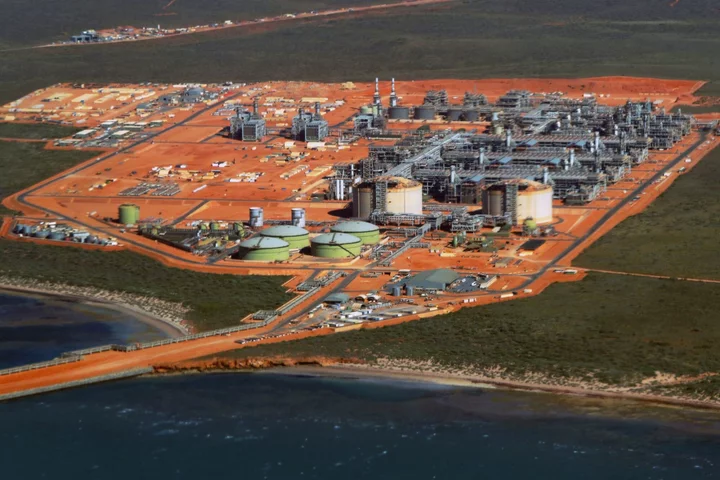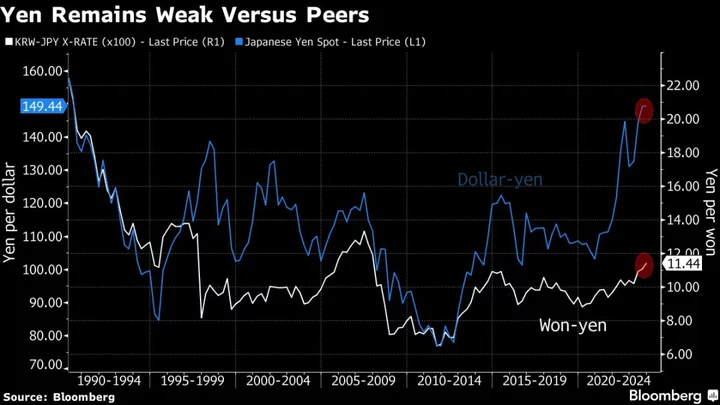South Africa’s unemployment rate rose for the first time in more than a year and may continue climbing as power cuts intensify, discouraging investment and sapping economic growth.
The official jobless rate jumped to 32.9% in the three months through March from 32.7% in the prior quarter, Statistics South Africa said Tuesday in a report released in the capital, Pretoria. That’s the first increase since the fourth quarter of 2021. The median estimate of five economists in a Bloomberg survey was 33%.
Unemployment according to the expanded definition, which includes people who were available for work but not looking for a job, stood at 42.4%, compared with 42.6% in the December quarter.
Africa’s most industrialized economy is experiencing its worst bout of power rationing yet, with outages this year exceeding those for all of 2022, because state utility Eskom Holdings SOC Ltd. can’t meet demand from its old and poorly maintained plants.
For only the second time on record, Eskom last week implemented five consecutive days of non-stop Stage 6 loadshedding, where it cuts 6,000 megawatts from the national grid, according to Bloomberg calculations.
The power cuts have caused the cost of doing business to surge and led to reduced trading hours. The Foschini Group Ltd., a South African fashion retailer, said annual sales fell by more than 1.5 billion rand ($78.7 million) in the year through March as the outages caused it to loose about 360,000 trading hours and curbed customer demand.
Vodacom Group Ltd. has spent 4 billion rand in back-up power equipment such as batteries and generators since 2020, and 300 million rand this year on additional diesel, maintenance and security of its sites, the mobile operator’s Chief Executive Officer Shameel Joosub said on Monday.
The central bank estimates that power cuts are costing the economy as much as 899 million rand a day and will shave 2 percentage points off GDP growth this year, adding to other pressures, such as high inflation, logistic constraints, rand depreciation and rising interest rates.
Governor Lesetja Kganyago last week urged the government to remain committed to implementing structural reform measures, especially in logistics and electricity, that will unlock South Africa’s growth potential and reduce unemployment.

